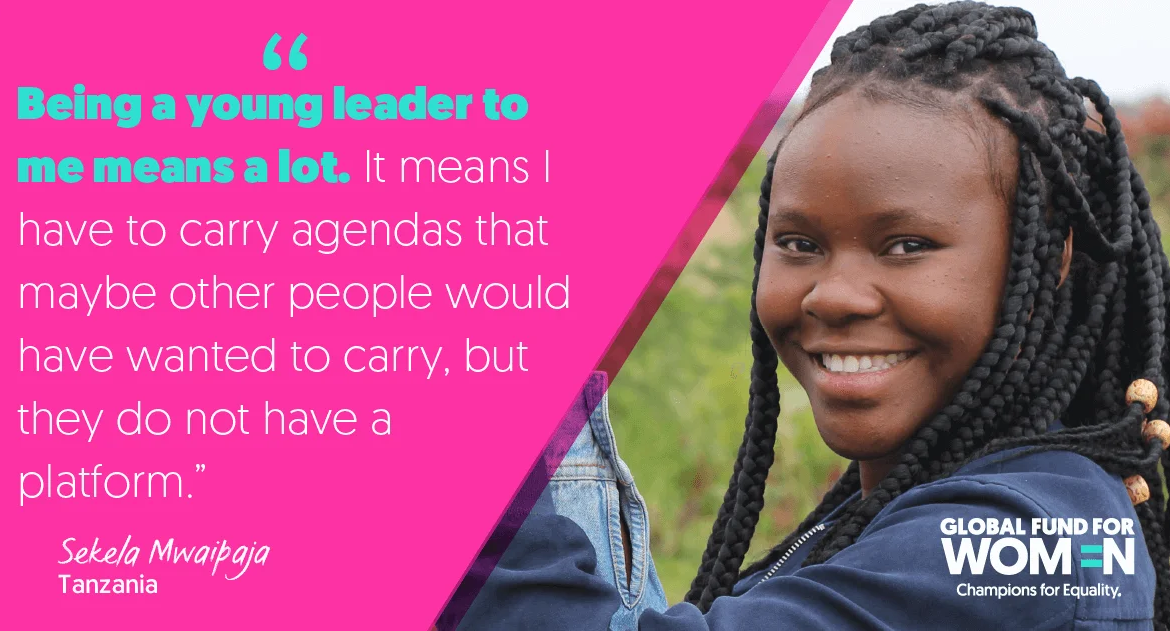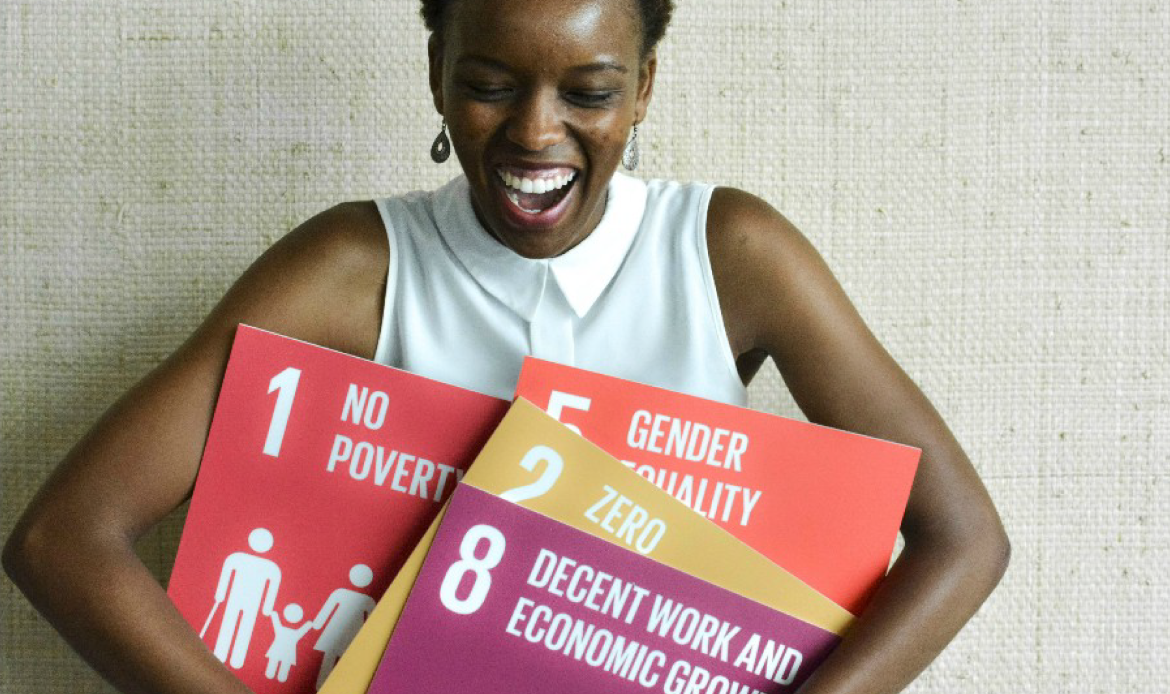This article was published in The Citizen Newspaper, Tanzania on 7th November, 2023.
Girl child and women’s rights organized advocacy is a result of persistent injustice in the society. This is not naïve injustice, but a deep-rooted and complex entanglement, to the extent that that so much energy has to be invested globally to end it.
Injustice has had a permanent seat in real-life human society for ages and has manifested itself in various manners, as was in slavery, the superiority complex of different races, undue advantage based on gender, and engineered socio-political dominance, among others which have ravaged the world.
When injustice becomes normalized, denial of rights becomes normative as well. Then honouring the people’s due rights becomes a kind of privilege or favour. Gender-based injustice, one of the oldest forms of discrimination, has had serious impacts on the wider society. We need to respond to it as a matter of urgency and with a lot of reasonableness and wit as it touches on people’s cultures.
Organized advocacy has been fruitful as deeper discussion of these themes every year has provoked fruitful debates, awakenings and favourable and just legislation around the world. This includes days like International Day of the Girl Child and International Women’s Day.
In his message for the 2023 International Day of the Girl Child, given on October 3, the United Nations Secretary-General, Antonio Guterres categorically said: “Women and girls can lead us to a fairer future. On this International Day of the Girl Child, let us amplify girls’ voices and recommit to working together to build a world where every girl can lead and thrive.”

Girls (and women) just like boys (and men), have the potential to flourish and lead. People around the world are coming to terms with that understanding, especially in conservative patriarchal societies, but we ought not to presume or exaggerate that all people know the rights of girls and accord them as due. The prejudices will take some time to vanish completely.
The goal of these advocacy initiatives for the girl-child and for women is to bring to an end the subjection of women to such things as forced marriages, gender-based violence (GBV), intimate partner violence (IPV) early marriages, withdrawal from school and denial of education, female genital mutilation (FGM), forced labour, exploitative labour, abusive relationships, etc.
Locally there is a lot of fruitful emancipation, but it is still a work in progress. According to the cumulative 2022 World Bank GBV report for Tanzania, ‘40% of women aged 15 to 49 have experienced physical violence while 17% have experienced sexual violence.
Of women aged 15-49, 44% have experienced either physical or sexual violence by an intimate partner.’ In addition, about 30% of girls experience sexual violence before the age of 18 (World Bank, 5 April 2022). These numbers are high and call for urgent intervention.
Locally we need more awareness regarding the equality of human rights and human dignity across the two sexes, especially through educational, social, and religious institutions, particularly in matters of violence against women and girls. While in the past such violence was blamed on ignorance and illiteracy, today we see even young and educated men being brutal and inhuman to women and girls in the closed shades of their roofs.
Nothing will be more liberating than giving girls and women both a voice and appropriate support. While in Tanzania women are generally known to speak a lot, the voice of women against such injustices done to women is not yet enough. There is still work to be done. Women with influence, locally, need to use their influence even more to condemn injustices done to women and to educate the society.
Equally, the society needs to hear more personal and true experiences of women and girls and testimonies of successful women who have had a chance to ascend the ladders of the society. The truth has to be told in order to bring change. Concrete actions are paramount in fighting injustice and infringement of rights.
We need more rapid reporting. Girls should be taught not to keep secret the abuses or maltreatment that happen at home, school, etc. We also need more rapid enforcement of the laws, and a more user-friendly coordination of social welfare, police force and health institutions, giving unavertable priority to girls and women who are victims of injustice and abuse.
Nonetheless, the empowerment of the girl child should not be a license for neglecting the boys and denying them the education and work opportunities they qualify for.
While so much effort is being invested in making life more rewarding for girls and women, they also need to be sensitized to take advantage of such opportunities and make the most out of them for their own good. Experience has shown so far that many girls are not really determined to do exceptionally well in education despite the many bigger opportunities at their disposal.
